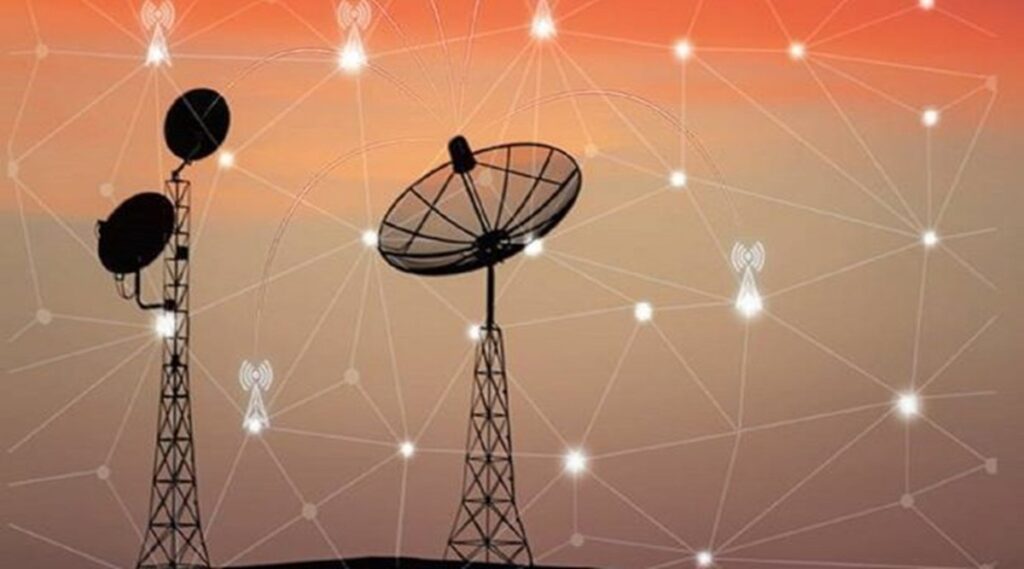In the ongoing war of words between the telecom operators and technology players over the direct allocation of spectrum for private networks, the telcos have written to the government that administrative allocation of airwaves to private networks gives tech players a backdoor entry to provide 5G services to enterprises. They have said if allowed, this would upset the level-play field as tech players are not subject to regulatory compliances and payment of taxes, as telcos are. To validate their point, the Cellular Operators Association of India (COAI) in a letter to telecom secretary K Rajaraman has shared web links to the 5G solutions offered by technology companies like Amazon, Intel, Microsoft, Cisco, NTT etc.
The telcos have also attacked Broadband India Forum’s (BIF) statement that the telecom operators will get a first-mover advantage in case direct spectrum allocation to enterprises is delayed. BIF counts technology players like Facebook, Google, Cisco, Amazon, TCS, Microsoft, Intel, etc as its members. “If such networks are really to be isolated and for captive use of the enterprises, then there is no question of competition with telecom service providers (TSPs) to suggest for first-mover advantage,” COAI said in the letter.
The letter also highlighted that it is evident from the websites of various companies claiming to be capable of setting up and managing such networks for providing 5G services over the cloud to enterprises, effectively competing directly with telecom operators in the enterprise connectivity space. The department of telecommunications (DoT) has recently released the guidelines around setting up of captive non-public network (CNPN). As per the guidelines, enterprises, who want to set up their captive networks, would need to obtain spectrum from mobile operators on lease or get their networks set up by them.
For direct assignment of the spectrum, the DoT has said enterprises may obtain spectrum directly from the DoT, for which it will undertake demand studies and thereafter seek recommendations from the Telecom Regulatory Authority of India (Trai). The technology industry is not happy with the rules and no timelines have been defined by DoT. BIF has stated that the move will allow telecom operators to get an advantage while there is a cloud of uncertainty over the whole idea of enterprises wanting to get spectrum directly from DoT.
However, the telcos have countered such allegations from BIF. The COAI has even shared the results of a study conducted in Germany on the economic impact of keeping aside commercial spectrum for private networks. Further, the telcos have attacked the DoT’s decision to allow private networks at different locations under one licence which makes it much easier for such entities to create an equivalent pan India/state-wide network with just one licence and by taking leased lines connectivity to connect multiple locations.
“These networks spread across locations and interconnected over leased lines do not qualify to be called as CNPNs as these are in no way less than public networks,” the letter added. The operators have urged DoT not to permit private networks at different locations under one licence while cloud connectivity should be specifically barred. Further, they want compliance with EMF and subscriber verification norms by private networks.
“Spectrum allocation can be only in non-IMT bands (presently identified and under consideration) and charging should be at premium rates as it is serving the premium segment. Compliance with security conditions and law enforcement agencies requirements,” COAI added. .
From: financialexpress
URL: https://www.financialexpress.com/industry/telcos-to-govt-direct-spectrum-for-private-networks-distorts-level-playfield/2578998/
